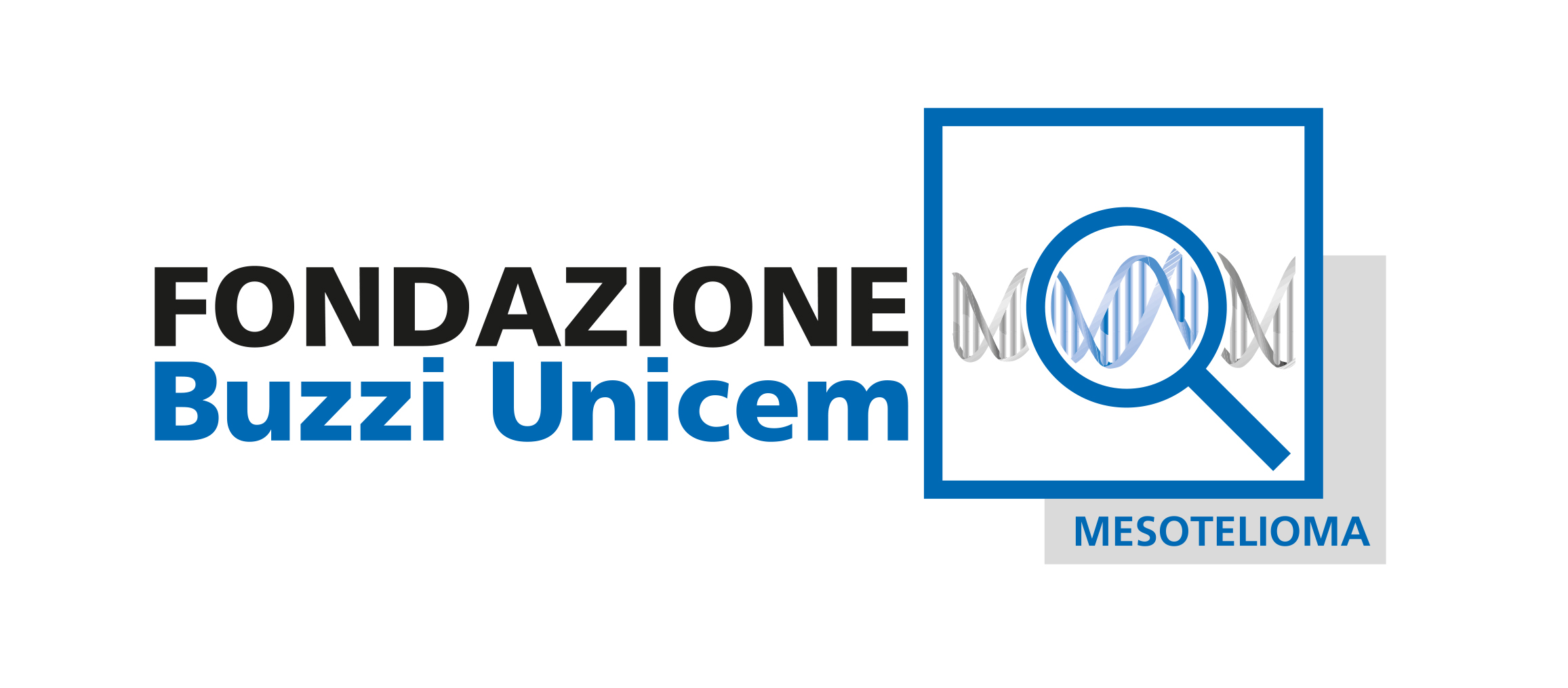Anti-survivin vaccine for human use
SUMMARY OF THE RESEARCH PROJECT
FUNDED BY THE BUZZI UNICEM FOUNDATION
PROJECT LEADER:
Pietro Bertino (PhD)
SITE:
University of Hawaii, Honolulu
PROJECT STATUS:
Completed
RESEARCH SUMMARY:
Survivin is an excellent target for cancer immunotherapy because it is highly expressed in cancer cells but absent in normal tissue. The research group working on this project has recently developed an anti-survivin vaccine (FP-surv) that induces an immune response mediated by CD8 lymphocytes. When activated by FP-surv these lymphocytes can recognize and destroy mesothelioma cells, leading to complete regression of the cancer in laboratory mice.
Our proposal is to develop a new anti-survivin vaccine that can be used in animal and clinical Phase I studies. In order to achieve this, we propose the following two phases:
1) Analysis of human lymphocytes to identify highly immunogenic survivin epitopes.
The entire survivin protein has been analyzed by a new algorithm that identifies the peptides presented in the Class I and Class II MHC in human subjects. Seven survivin peptides were selected by analyzing the most frequent haplotypes occurring in the human population. Co-culture studies of dendritic cells and T-cells were conducted in three human subjects using these peptides. CD8 lymphocytes as well as survivin-specific CD4 lymphocytes were activated by the peptides in various subjects. This phase will evaluate the presence of survivin-specific lymphocytes in at least 20 healthy volunteers. Those peptides that activate the lymphocytes in a significant number of subjects will be selected as candidates for the vaccine. These peptides will be used to select the survivin-specific lymphocytes in culture for use in cytotoxic studies against human MM cells.
2) Development of self-replicating RNA vaccines with highly immunogenic survivin epitopes.
The vaccination system proposed for this project is based on self-replicating RNA (RNAsr) that can effectively activate both the cellular and humoral immune response. The aim is create a RNAsr vaccine for use in laboratory mouse studies. This vaccine (RNAsr-hi.surv) will be composed of immunogenic survivin epitopes. The immune response and the ability to induce disease regression will be analyzed in vaccinated mice and control mice. The cancerous tissue will also be analyzed for the presence of CD8 and CD4 lymphocytes. The purpose of these proposed studies is to produce a vaccine that can be used in clinical trials. This vaccine can be investigated to prevent mesothelioma in subjects who are highly exposed to asbestos. In patients with an advanced stage of cancer, the vaccine can be administered after surgical resection of the tumor to help destroy the remaining cancer cells.
